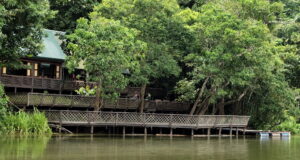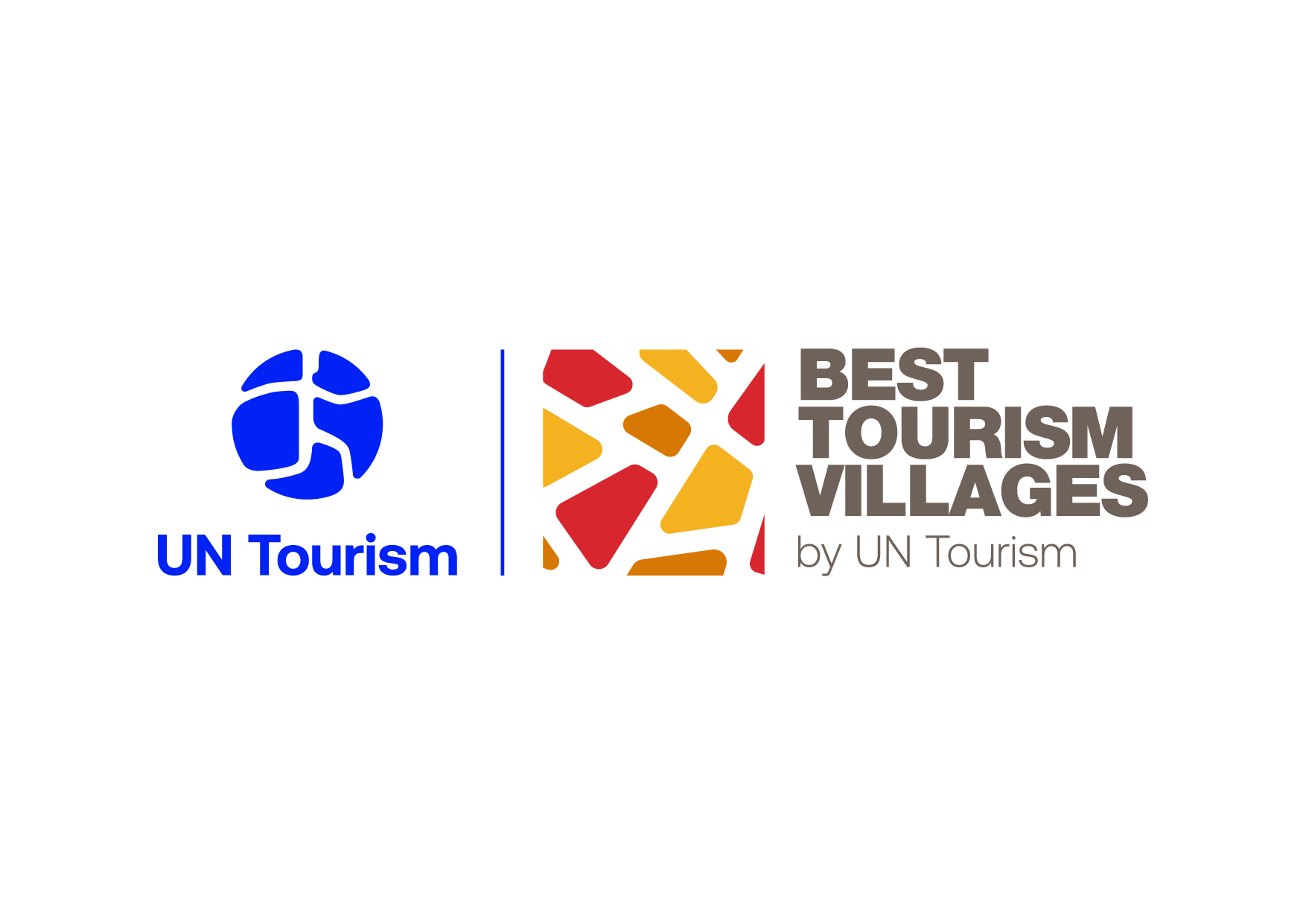Batu Puteh
Malaysia
2021
Contact
In 1996 the community of Batu Puteh was at a key turning point. After large companies with big machineries transformed the traditional forest-based culture with over 40 years of extraction of huge logs from the rainforest, the community of Batu Puteh was left in the middle of a vast agricultural landscape, with no logs and no jobs.
Fortunately, the Government created a small protected Forest Reserve around the village and in 1996 a group of visionary youths from the Batu Puteh Community took it upon themselves to try to earn a living from tourism, to conserve their traditional culture and to help protect the remaining forest ecosystem, whilst creating jobs and sustainable income.
After 3 years of research, training and planning, the core youth group of Batu Puteh had established 5 key products and had set-up four separate tourism associations across the village, including the Miso Walai Homestay, the Maya do Talud Boat Service, Wayan Forest Guide Service and Monompos Culture Group. This was in the year 2000. After the initial three years of operation and small-scale ecotourism activities, the village tourism associations joined forces to establish the Community Cooperative (co-op) KOPEL Bhd in 2003.
The purpose and vision of the cooperative is to train and build local capacity to help conserve the surrounding ecosystem and local culture (including language and traditional knowledge, music and dance), whilst generating income to the community through a variety of tourism products and activities.
HIGHLIGHTS
-

Wildlife and nature protection
Establishing tree planting and forest restoration as a tourism activity for visitors to the village, in addition to seeing the amazing primate species, hornbills, birds and other wildlife species in the forests
-

Implementing tourism quality standards and certification systems
KOPEL is upscaling the certifications such as of local farmers with Sustainability Standards or Organic Certification. KOPEL has an expanding Biotransformation Unit to provide farming inputs such as Bioactive enzymes (EM) and high grade compost for soil rehabilitation and organic farming.
-

An inclusive initiative
The Village Homestay Program (Miso Walai Homestay an accessible, low cost means for locals to participate in tourist activities and host visitors and volunteers, particularly from the student market.

